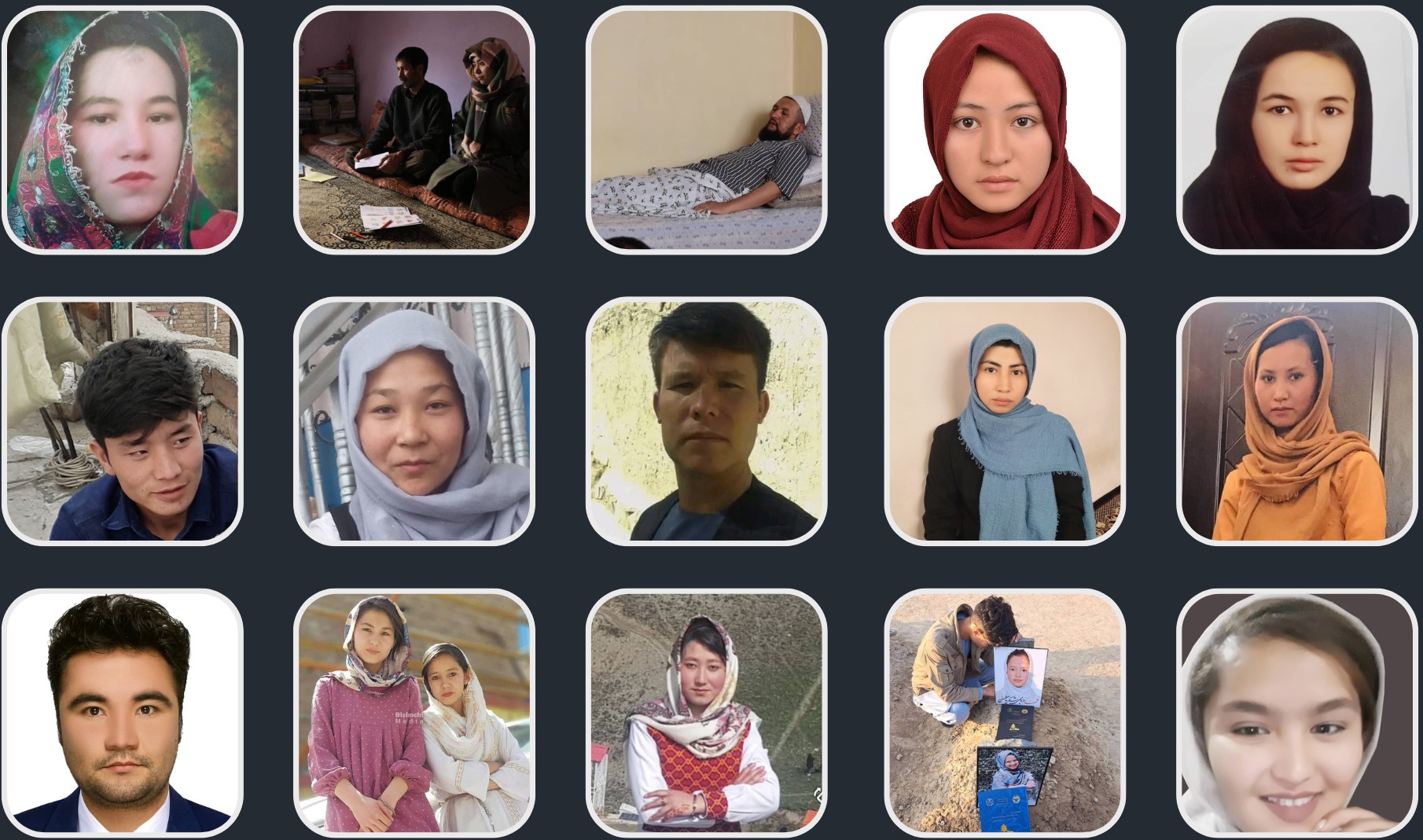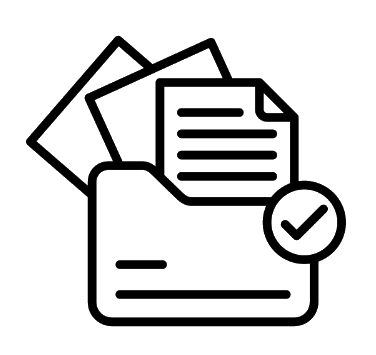Digital Resource Center
We have established an online secure technology platform to serve as centralized digital resource center for the Hazara Community. The center allows for secure document and data collection, validation, and storage/publication. DRC consists of several databases, a documents center, and organizational management tools with interactive dashboards to easily collect, analyze, store, publish, and archive data and documents. All incoming data and documents will undergo validation processes before they are stored in our system or published on our password-protected site. All incoming data that comes in Farsi will be translated to English and entered in the system, however, the organization will keep a copy of the original data in the native language for future reference. The organization has successfully launched victims’ database, migrants’ database, documents’ center, and will databases soon. Please help enrich this center by sending/sharing data/documents with us!


